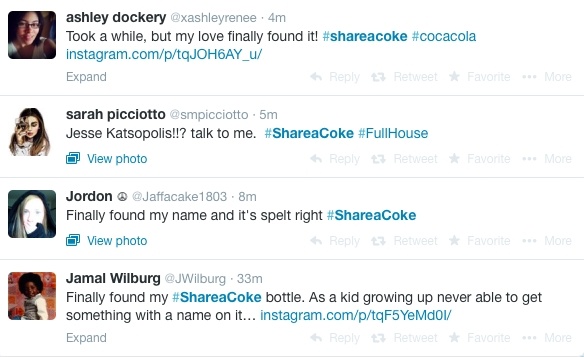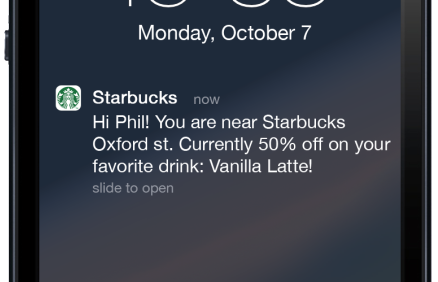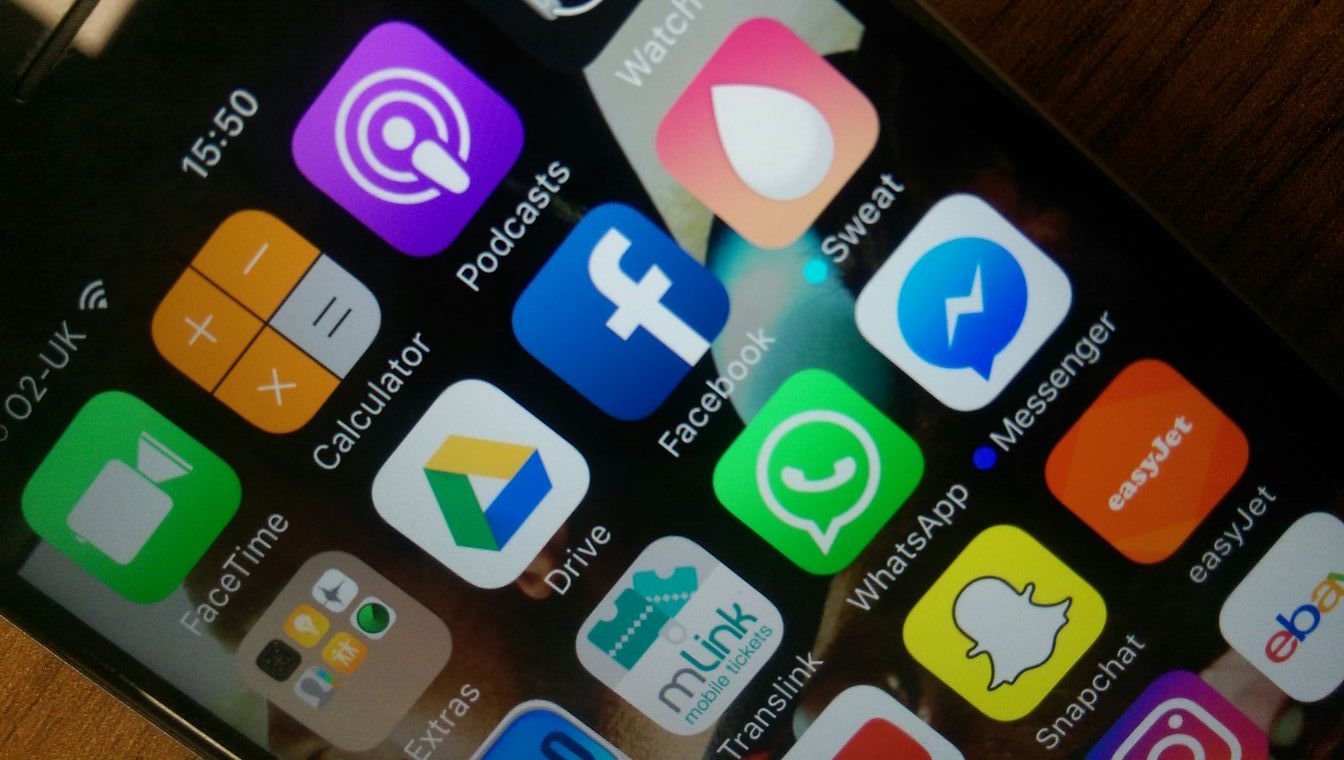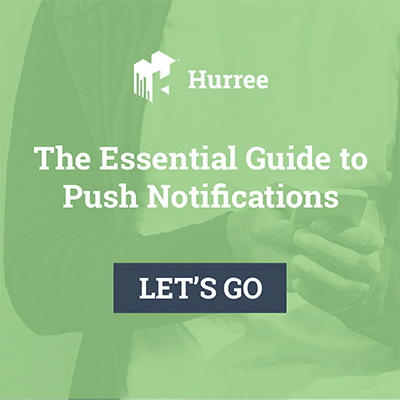Millennial Marketing: App Marketing to Mystical Creatures
Millennial marketing is all part and parcel of the challenges that marketers of today face when it comes to app marketing. They don’t trust traditional methods of advertising and so need to be approached in entirely different ways to generations before. Newspaper advertisements, TV commercials and direct mail no longer have the influence they once had. Millennials have changed all that and drawn marketers’ focus toward online and mobile marketing.
What are Millennials?
There are many different opinions as to the exact age-group of Millennials but Pew Research defines them as those aged from 18 - 34 in the year 2015. Generally speaking, Millennials were born between the years 1980 - 2000. And yes, Millennials and Generation Y are the same things.
Mobile Marketing & Millennials
Millennials have never experienced the world without the internet or mobile phones, which they use on a daily basis to shop, share content and socialise. They grew up in the age when the internet came into existence and witnessed the rise of the mobile age. For marketers, this is a positive thing, as Millennials are definitely more open to change and more inclined to be receptive to marketing activity on their mobile devices in comparison to previous generations.
The Facts & Figures
- A study by Survey Sampling International found that nearly half of Millennials said they used mobile internet for 4 hours every weekday and nearly 1 in 3 Millennial spends over 5 hours on their mobiles daily.
- Millennials switch media types 27 times every non-working hour (Time Inc.).
- The Millennial population is projected to peak in 2036 at 81.1 million, overtaking the Baby Boomers who were the largest generation and peaked at 78.8 million in 1999.
- 83% of Millennials own a smartphone (MobCo Media).
- Millennials spend more time on mobile apps than any other generation group, with an average of 90 hours of mobile app usage per month.
- Millennials are more likely than any other generation to make a purchase using their mobile, with 74% having made at least one mobile purchase. In addition, 36% of Millennials have used a brand’s mobile app as the deciding factor of who to purchase from when stuck between different brands (MobCo Media).
Things to Consider When Targeting Millennials
1. Millennials are heavily influenced by their peers
The purchase decisions of Millennials are heavily influenced by their large network of friends to whom they turn to for advice and reassurance, especially in an online environment. They want to look good among their peers by giving advice, broadcasting details of their lives and by using products that positively reflect themselves (Fromm and Garton, 2013). Marketers should grab hold of this opportunity and create mobile marketing messages that capture a Millennial’s interest that they may then share it amongst their peers online.|
2. Millennials are the influencers
Millennial culture has become mainstream. This means they are also the main influencers. Therefore, to predict what will be hot tomorrow, you must know what is popular among today’s Millennials.
3. Millennials expect speed, efficiency and convenience
Millennials aren’t used to things that aren’t instant. They expect technology to work, and they expect it to work fast and with no glitches. Marketers need to bare this in mind when engaging with Millennials through mobile apps and social media to ensure all users receive a positive experience. One negative experience with one Millennial and you can expect your name to be trashed amongst all their peers. Word of mouth on social media has the ability to make you, or break you.
4. Millennials enjoy trying new things
Growing up in the digital age, Millennials are used to having to embrace change and make adaptations on a regular basis. Therefore they are much more open to the likes of mobile marketing in comparison to older generations. Use this as an opportunity to experiment with your messaging - use social channels to reach your audience and get creative in how you engage with them. Millennials are much more willing to actively participate with a brand. For example, Coca-Cola was able to successfully engage their Millennial customers with the #ShareACoke campaign, where drinkers set out to actively find a Coke bottle with their name on it and then shared it on social media.

5. Millennials are easily distracted
Millennials are as easily distracted as a 6 month old puppy. But in our defence, we have grown up in a generation with a lot of distractions thanks to new technology. It is totally normal for Millennials to be chilling with their friends, family or partner and to hold a conversation while scrolling through their social media feed, checking emails or browsing the web.
This shift in the norms has definite implications for marketers. Marketers need to be aware that whilst targeting Millennials, you may not have their full attention. Your window for capturing their attention is limited so you need to be sure to do it right. Get to know the behaviour of different segments of your app users and produce them with a highly targeted offer. Give them something they need before they even realise they need it.
6. Millennials love to use their phones to spend money
52% of Millennials make purchases on their phones at least a few times a month. Smartphones have become the new wallet. Millennials are not scared to use their phone to make purchases and so marketers should not be afraid to drive these types of interactions. It is important however that the purchasing process is quick and simple - as we already know, Millennials are easily distracted, so a complicated process will increase the checkout abandon rate.
7. Millennials are more open to sharing their personal information
Whilst older generations may squirm at the idea of giving away their personal data, 84% of Millennials don’t mind when companies collect their data, given that it is also of some value to them of course. They expect marketing and advertising materials to be more targeted to them as a result of giving away personal information.
A new report by Quantcast found that 43% of people are more likely to buy from an organisation that sends them relevant mobile ads and 76% are more willing to opt in for push notifications when they are more relevant and targeted to the individual. Therefore, marketers need to use this openness of Millennials to their advantage to collect as much personal information as they can in order to make their messaging as targeted as they can.

If you have any questions with regards to retaining and building loyalty through mobile marketing then don’t hesitate to contact me directly via emma@hurree.co. You may also be interested in downloading our free guide: The Ultimate Guide to Mobile App Marketing for more information.
Share this
You May Also Like
These Related Stories

How Can Marketing With Emojis Improve Mobile Relationships? 🤔

How to Use Social Media for App Marketing Strategies


